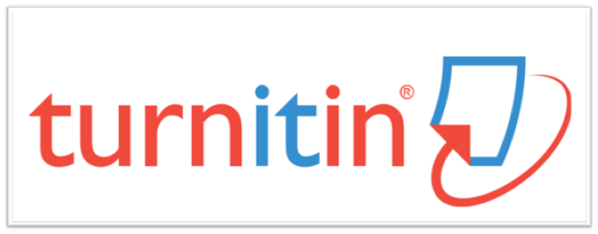PROSES DAN HAMBATAN DALAM PENULISAN KONTEN DI SITUS WEB OLEH AGENSI PERIKLANAN DIGITAL
DOI:
https://doi.org/10.33884/commed.v7i1.6502Keywords:
Digital Advertising, Content Writing, Information Technology, Website, Process, and BarriersAbstract
Digital advertising agencies help brand owners manage and promote the brand over the internet so that the brand can persist and win the hearts of consumers by following trends or times. Content writers are needed to creatively shape ideas and concepts for a content to attract attention and influence the target audience. The purpose of this study is to describe the process and barriers of website content writing by digital advertising agencies. This study uses qualitative methods with a case study approach, data collection techniques using interviews, the data analysis techniques used in this study are thematic analysis. The outcome of this study is the process of writing website content by digital advertising agencies, consisting of obtaining keywords for articles from the management, collecting reference materials for articles related to the given keywords of articles, rewriting article content into new article content, paraphrasing the words in the article according to the received article keywords, checking articles using plagiarism checking software, sending article content to leaders and administrators for editing and for additional information in the form of interesting images related to the content of the created article, and uploading and publishing the articles on the website. From the results of this study, it is suggested that in the future, the keywords for the articles should be more diverse, the existing internet connection should be further improved, and the deadline for writing the website content should be weekly rather than daily.
References
Alhojailan, M. I., & Ibrahim, M. (2012). Thematic Analysis : A Critical Review of Its Process and Evaluation. WEI International European AcademicConference Proceedings, 1(2011), 8–21.
Creswell, J. S. (2018). Research Design. Qualitative, Quantitative and Mixed Methods Approaches. SAGE Publications, Inc.
Davis, M. (2013). The development of source use by international postgraduate students. Journal of English for Academic Purposes, Volume 12(Issue 2).
Edmonds, W. A., & Kennedy, T. D. (2020). An Applied Guide to Research Designs: Quantitative, Qualitative, and Mixed Methods. In An Applied Guide to Research Designs: Quantitative, Qualitative, and Mixed Methods. https://doi.org/10.4135/9781071802779
Hussain, R., Khan, M. Z., & Zahid, M. S. (2022). A Study on E-rozgar Opportunities for Pakistani ESL Graduates in Web Content Writing. Pakistan Journal of Humanities and Social Sciences, 10(1), 69–76. https://doi.org/10.52131/pjhss.2022.1001.0175
Jose, J., & Vakkachan, J. (2014). Content Writing in the 21St Century -Information Needs, Challenges and Opportunities: an Overview. International Journal of Computer Science & Engineering Technology (IJCSET), 848–853.
Shi, L., Fazel, I., & Kowkabi, N. (2018). Paraphrasing to transform knowledge in advanced graduate student writing. English for Specific Purposes, 51, 31–44. https://doi.org/10.1016/j.esp.2018.03.001
Sigmund, G. (2020). Social Research Methods: Qualitative, Quantitative and Mixed Methods approaches. In SAGE Publications Ltd.
Tuten, T. L. (2020). Principles of Marketing for a Digital Age.














